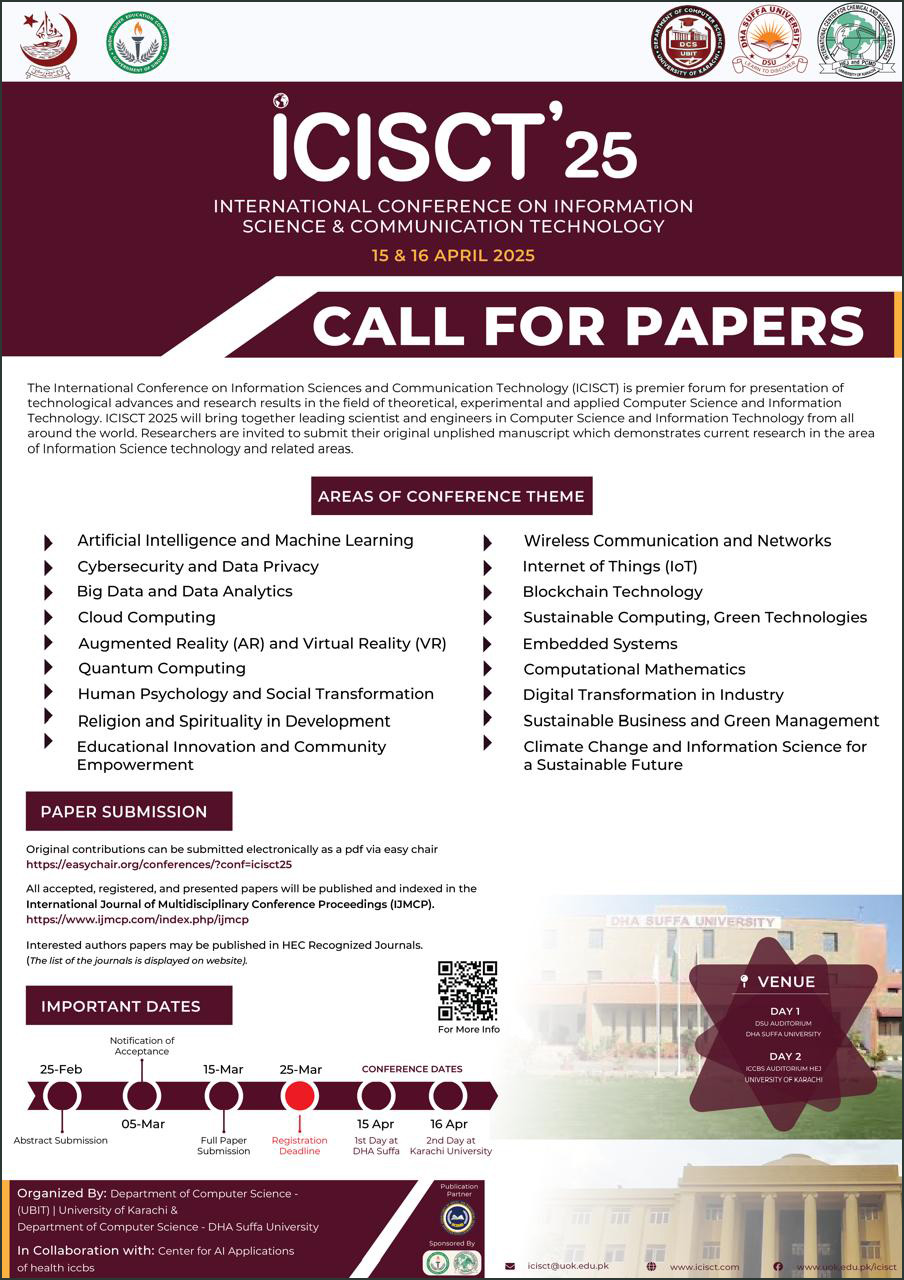Perceived Grievances and Social Media Influence as predictors of Political Radicalization among Youth
DOI:
https://doi.org/10.61503/cissmp.3.4.2024.274Keywords:
Political Radicalization, Perceived Grievances, Social Media Influence, Digital LiteracyAbstract
The current study aims to unfold the multifaceted nature of political radicalization. It strives to develop the quantitative model of political radicalization in realm of sociology. The objectives of the study were; to find out the level of perceived and social media influence among youth, to seek out the role of perceived grievances and social media influence as predictors of political radicalization within the youth. It employed the quantitative research design and collected data from 335 undergraduate students through stratified sampling. The universe of the study were three universities of Punjab Pakistan; University of the Punjab Lahore, Government College University Faisalabad, and the PMAS-Arid Agriculture University Rawalpindi. The study concluded that the perceived grievances has substantial impact along with the increased social support among the university youth. Social media influence has a lesser but positive significant association with political radicalization respectively. The study has a novel contribution to bridging the gaps through local knowledge in the sphere of policy and practices by offering nuanced, multidimensional quantitative framework to understand political radicalization. The study suggests policy interventions to eradicate the impact of digital radicalization and foster digital literacy.
Downloads
Downloads
Published
Issue
Section
License
Copyright (c) 2024 Siraj Hussain, Farhan Ahmad Faiz

This work is licensed under a Creative Commons Attribution-NonCommercial 4.0 International License.
Contemporary Issues in Social Sciences and Management Practices (CISSMP) licenses published works under a Creative Commons Attribution-NonCommercial (CC BY-NC) 4.0 license.









